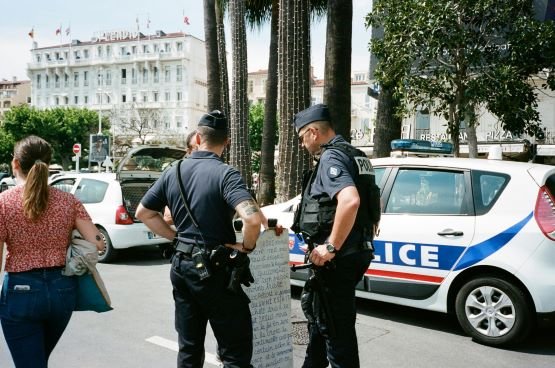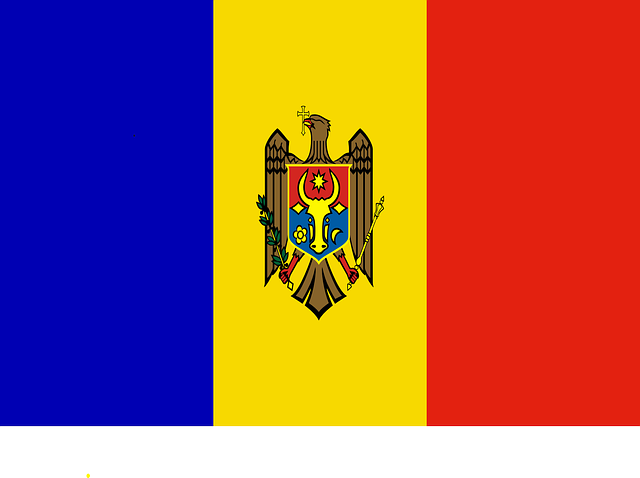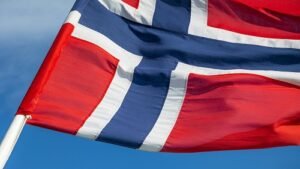
Relocating to a new country is an important decision that requires careful consideration. Moldova, a small nation in Eastern Europe, is often overlooked by expats due to its lesser-known appeal. While it offers a unique cultural experience, moving to Moldova comes with significant challenges. In this blog, we will explore the reasons why Moldova might be a risky choice for relocation and provide insights into the potential obstacles that expats face.
1. Economic Instability

a. Limited Job Opportunities Across Sectors
Moldova’s economy is one of the weakest in Europe, with most job opportunities concentrated in agriculture and low-paying industries. High unemployment rates add to the difficulty of finding stable work.

b. Low Average Salaries and Purchasing Power
Even for skilled professionals, salaries in Moldova are significantly lower than in other European countries, making it hard to sustain a comfortable lifestyle. Coupled with inflation, the low purchasing power is a concern.
2. Language Barriers

a. Challenges of Learning Romanian and Russian
The primary language spoken in Moldova is Romanian, and Russian is also widely used. For expats unfamiliar with these languages, navigating daily life can become an uphill task.
b. Limited English Proficiency in Public Services
Many Moldovans do not speak English fluently, and this lack of proficiency extends to public services, making tasks like obtaining documents or seeking help more complex.

3. Healthcare Challenges
a. Underdeveloped Public Healthcare System
Healthcare infrastructure in Moldova is underdeveloped, with outdated facilities and limited resources, especially in rural areas. Public hospitals often lack basic equipment and medications.

b. High Costs for Private Healthcare Options
While private healthcare facilities provide better services, they are expensive and not always accessible to expats. Serious conditions often require travel abroad for treatment, adding stress and financial burden.

4. Housing Difficulties
a. Limited Availability of Modern Housing
Modern, comfortable housing options are scarce in Moldova. Many available properties lack basic amenities like reliable heating, air conditioning, and proper insulation.
b. Rising Rental Costs in Urban Centers
Rental prices in cities like Chisinau are disproportionately high compared to the average income. Expats may find it challenging to secure affordable housing within their budget.

5. Bureaucratic Hurdles
a. Lengthy and Confusing Visa Application Processes
Obtaining a visa or residence permit in Moldova involves a lot of paperwork, unclear guidelines, and lengthy waiting times. Expats often encounter delays and inconsistencies.
b. Frustration with Inefficient Administrative Systems
Local government offices are notorious for inefficiency. Language barriers and lack of clear instructions make dealing with bureaucracy a time-consuming and frustrating experience.

6. Limited Public Services
a. Unreliable Public Transportation Networks
Public transportation in Moldova is often outdated, uncomfortable, and unreliable. Expats may need to rely on taxis or private cars, which adds to living expenses.
b. Frequent Disruptions in Basic Utilities
Utilities such as electricity, water, and internet services are prone to frequent disruptions, particularly in rural areas, affecting quality of life.

7. Safety Concerns
a. Prevalence of Petty Crimes in Urban Areas
Pickpocketing and scams are common, particularly in tourist-heavy areas. Expats need to remain vigilant to avoid falling victim to petty crimes.
b. Deep-Rooted Corruption in Governance
Corruption is a pervasive issue in Moldova, impacting everything from business dealings to public services. This can create significant challenges for expats trying to navigate the system.

8. Cultural Adjustment
a. Difficulty Adapting to Moldova’s Traditional Lifestyle
Moldova’s culture is deeply rooted in tradition, which may feel restrictive or unfamiliar to expats used to more diverse or modern societies.
b. Struggles in Building a Social Network
Expats often find it difficult to integrate into local communities due to language barriers and cultural differences, leading to feelings of isolation.

9. Education System Limitations
a. Scarcity of High-Quality International Schools
Families with children may struggle to find suitable international schools. Most schools follow the national curriculum, which may not align with expat expectations.
b. Language as a Barrier in Education
The majority of schools use Romanian or Russian as the medium of instruction, which can be a significant obstacle for expat children unfamiliar with these languages.

10. Lack of Entertainment Options
a. Limited Choices for Dining and Shopping
Compared to other European countries, Moldova has fewer dining, shopping, and leisure options. This can make urban life feel monotonous for expats.
b. Minimal Recreational Activities in Rural Areas
Rural Moldova offers even fewer entertainment options. Outdoor activities and social gatherings are limited, leading to potential boredom and isolation.
Conclusion
While Moldova has its unique charm, the challenges of moving to Moldova cannot be overlooked. Economic instability, language barriers, healthcare limitations, and cultural adjustments are just some of the obstacles that expats may face. These factors make Moldova a risky choice for relocation, especially for those seeking stability and convenience. Before making a decision, it’s essential to weigh the pros and cons carefully and consider alternative destinations that might better suit your needs.




